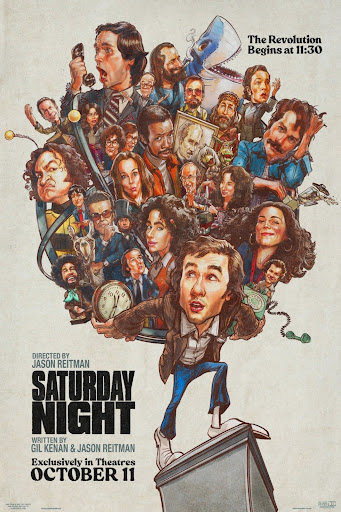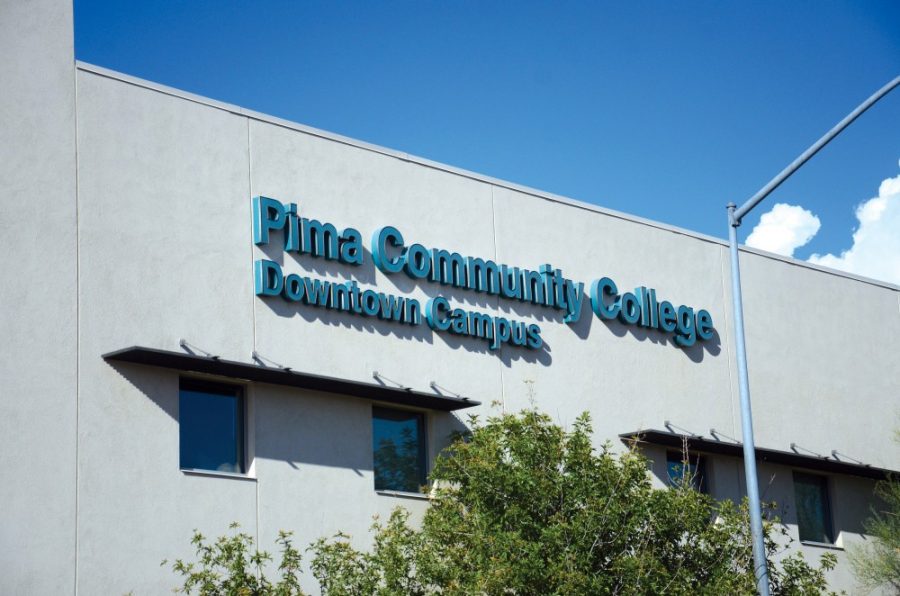This summer, on the 56th anniversary of landmark civil rights case Brown v. Board of Education, Arizona law enforcement arrested four leaders of the immigrant youth movement who staged a sit-in at John McCain’s office in downtown Tucson.
In addition to Arizona native Raúl Alcaraz, Mohammad Abdollahi of Ann Arbor, Mich.; Lizbeth Mateo of Los Angeles, Calif.; and Yahaira Carrillo of Kansas City, Mo. were detained.
They challenged local and federal law in order to highlight the urgency of legislative action in Congress, hoping to catalyze mass grassroots mobilization to pass the Development, Relief and Education of Alien Minors (DREAM) Act before June 15.
Despite bi-partisan support, the DREAM Act did not pass as was hoped. However, enthusiasm about the DREAM Act was able to take hold of an entire country that saw similar actions in government offices. Lobbying and political actions continue through the present month for yet another year pushing for the bill.
At least 65,000 undocumented immigrants graduate from high schools in the U.S. every year and many of them struggle to attend a college or university. The DREAM Act would grant youth who came to the United States before the age of 16 a path to citizenship in accordance with continued stay in the U.S., good behavior and the attainment of at least a two-year university degree or a two-year commitment to the armed forces.
Alcaraz, who works with youth in a high school on the southside of Tucson and is a legal resident, was one of those arrested at the sit-in. He was released the next day, bringing with him the news that Abdollahi, Carrillo and Mateo were going to be transferred to the custody of federal Immigration and Customs Enforcement officers and processed for possible deportation, according to the Arizona Daily Star.
Alcaraz reflected on the significance of the sit-in: “”This action completely changes the narrative of who is telling the story and who is on the frontlines of the movement for migrant justice,”” he said. “”Usually we want to speak for undocumented people. And we assume that they’re scared and we need to protect them and be paternalistic in that way. But through this action, it shows how undocumented people have the capacity and the power to determine their own destiny. In other words, it’s an example of self-determination.””
One of the young Dreamers, Tania Unzueta of Los Angeles, participated in the sit-in and, by group decision, left the building before being detained in order to act as spokesperson for the group in carrying their message forward. She explained her personal role as an undocumented immigrant rights activist: “”We’ve been trying to live our lives undocumented and unafraid and this (action) is part of that fight. My friends and I were willing to put our lives on the line in order to mobilize our community and leaders to push the DREAM Act forward. From the outside, I plan to be very upfront about being undocumented, even if that puts me in danger of being deported. If my friends were willing to face deportation, the least I could do is to tell our story to our community. And to pose the question to our community as to what they are willing to do to push the DREAM Act forward.””
Abdollahi, Carrillo and Mateo were not deported in the end, likely due to the tremendous amount of press and national attention.
Inspiring actions don’t stop there. After a huge mobilization in Tucson last month — including hundreds of phone calls, more than 6,000 faxes and a letter signed by more than 50 organizations — a deportation order for 26-year-old Dreamer Marlen Moreno was deferred for one year. A determined community stood with Moreno, who faced forced separation from her husband, a legal resident, and her two citizen children.
Moreno’s lawyer, Margo Cowan, stated in the wake of Moreno’ s reprieve that Nevada Sen. Harry Reid promised to invoke the DREAM Act for a vote in the upcoming U.S. Senate session.
In the meantime, these brave young people, like so many others throughout the country, in Arizona and perhaps at the UA, await and continue to struggle for the time when their situations may be bettered with measures such as the DREAM Act.
— Gabriel Matthew Schivone is an undergraduate at Prescott College majoring in art, literature and media studies. He can be reached at letters@wildcat.arizona.edu.








